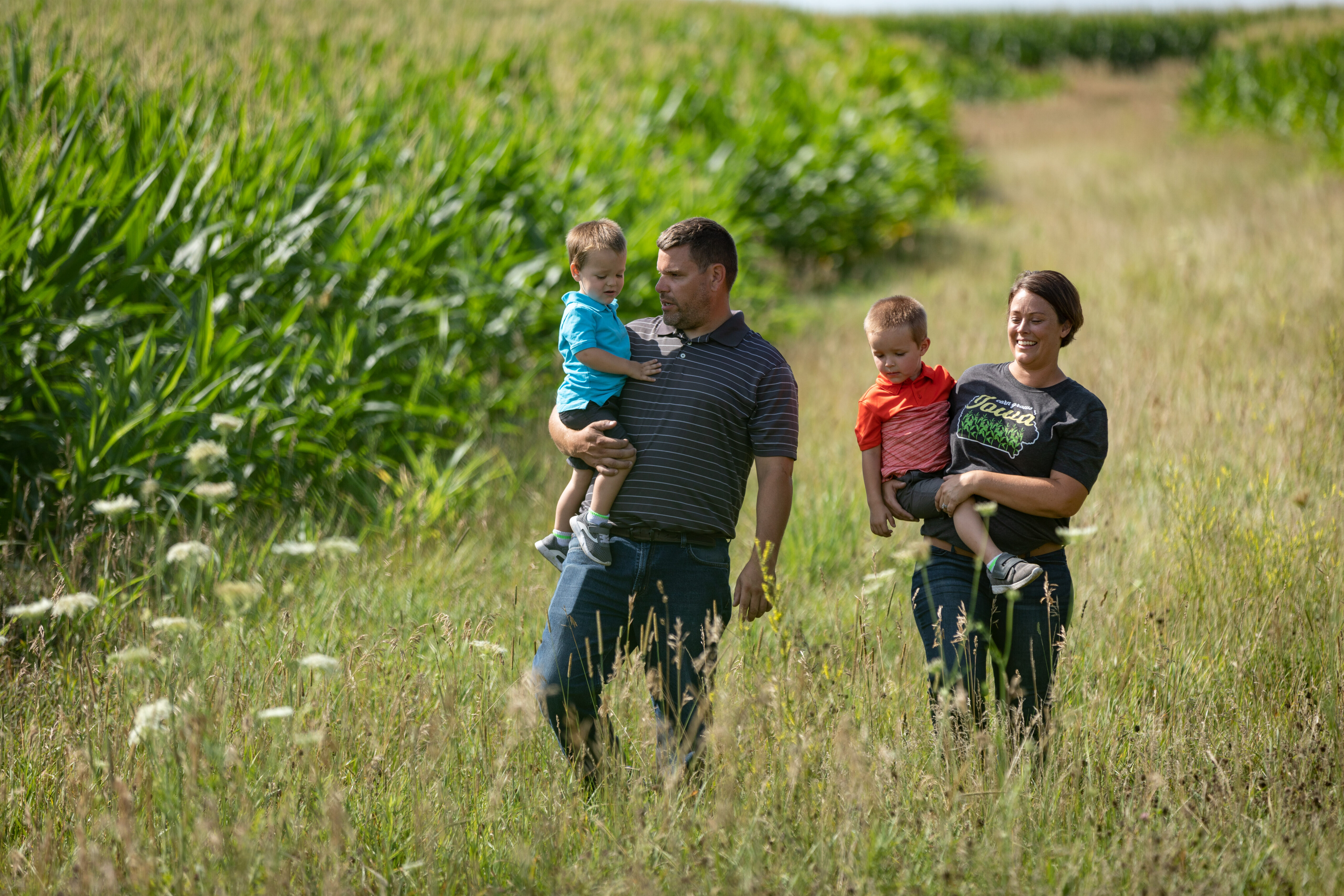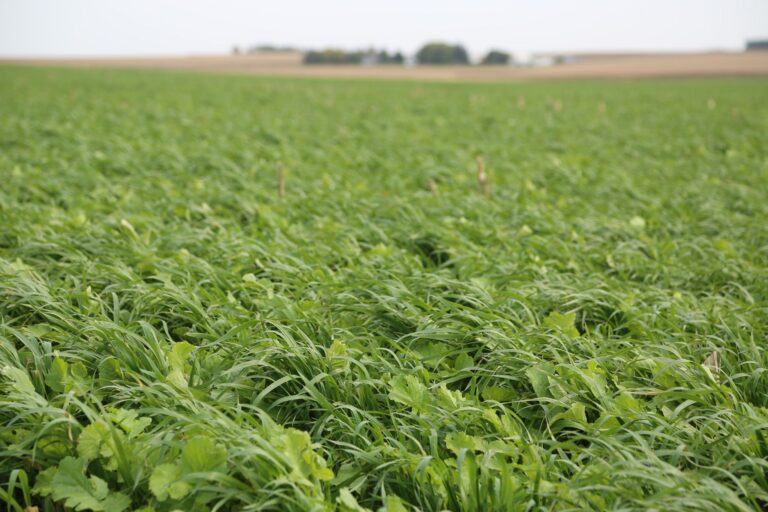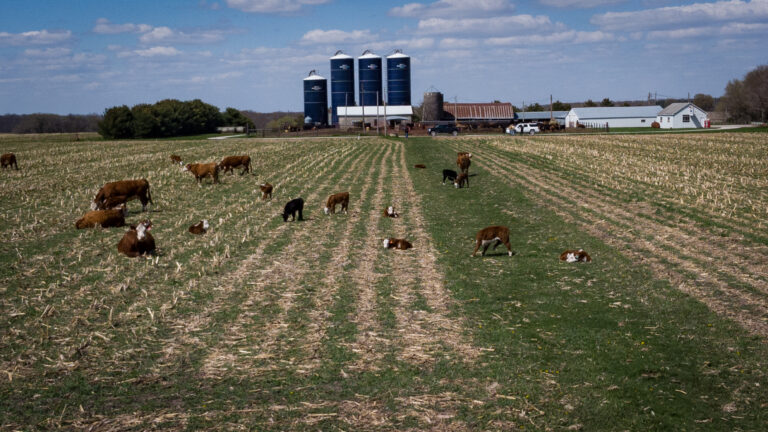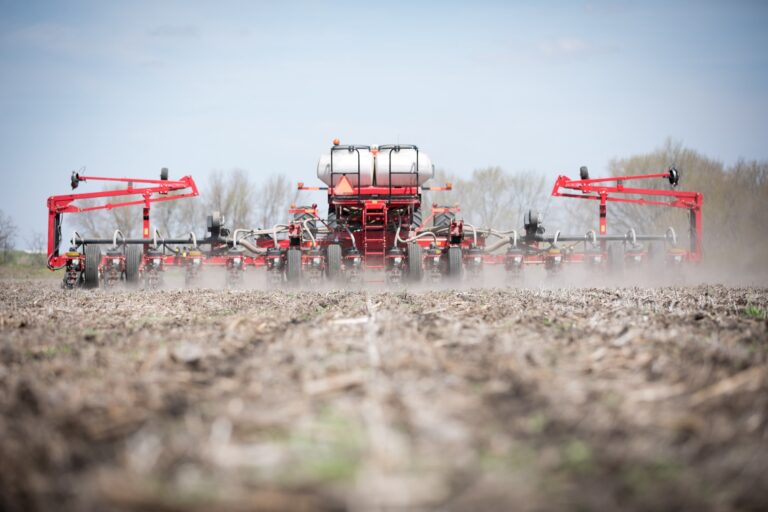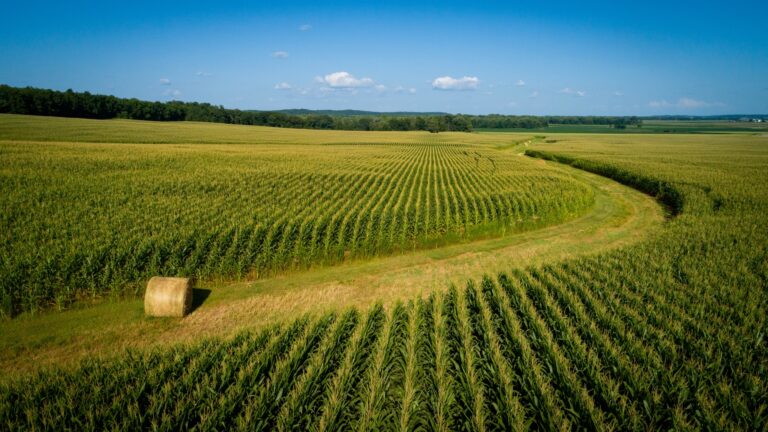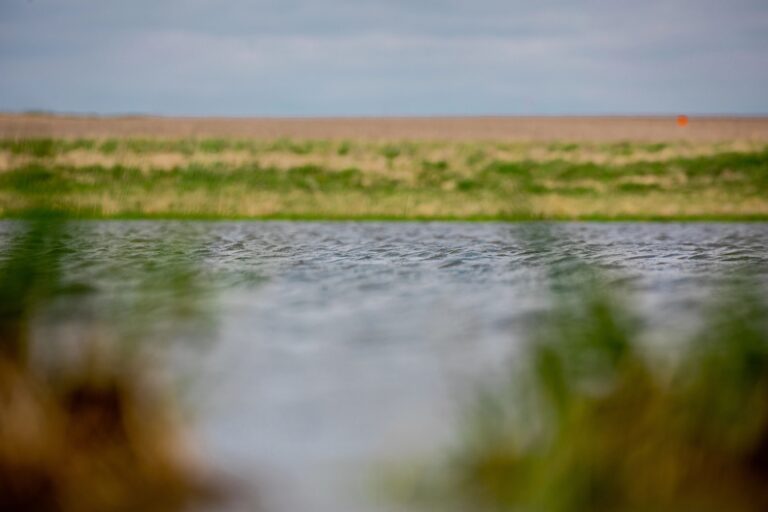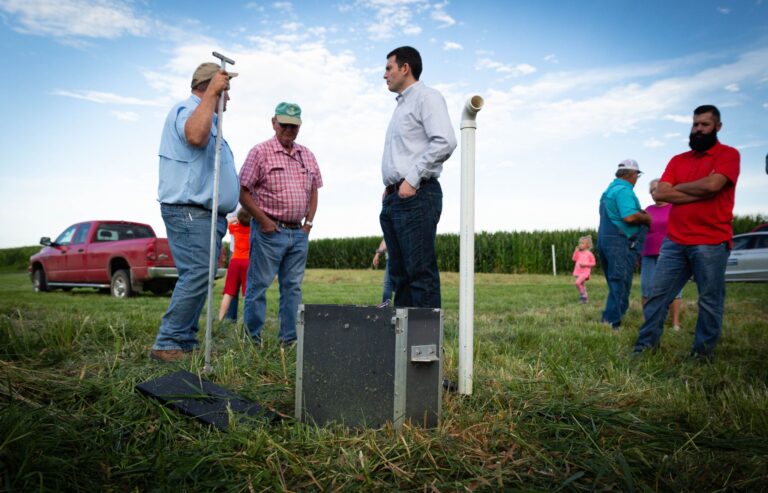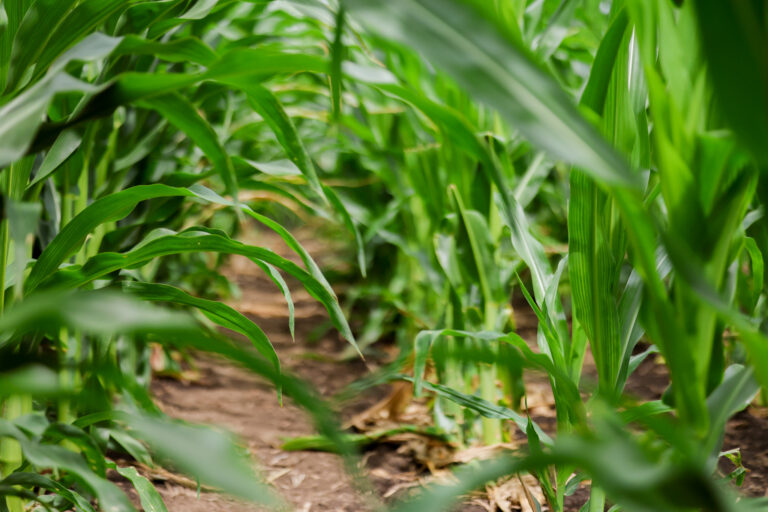Iowa Corn Farmers & Their Legacies
More than 97% of Iowa’s farms are family-owned. Why does that matter? It means that not only are these family farmers focused on growing a crop we all benefit from, but they’re also deeply committed to leaving a legacy for the next generation. Learn more about Iowa’s farm families and how they’re growing corn in a way that protects soil health and water quality.
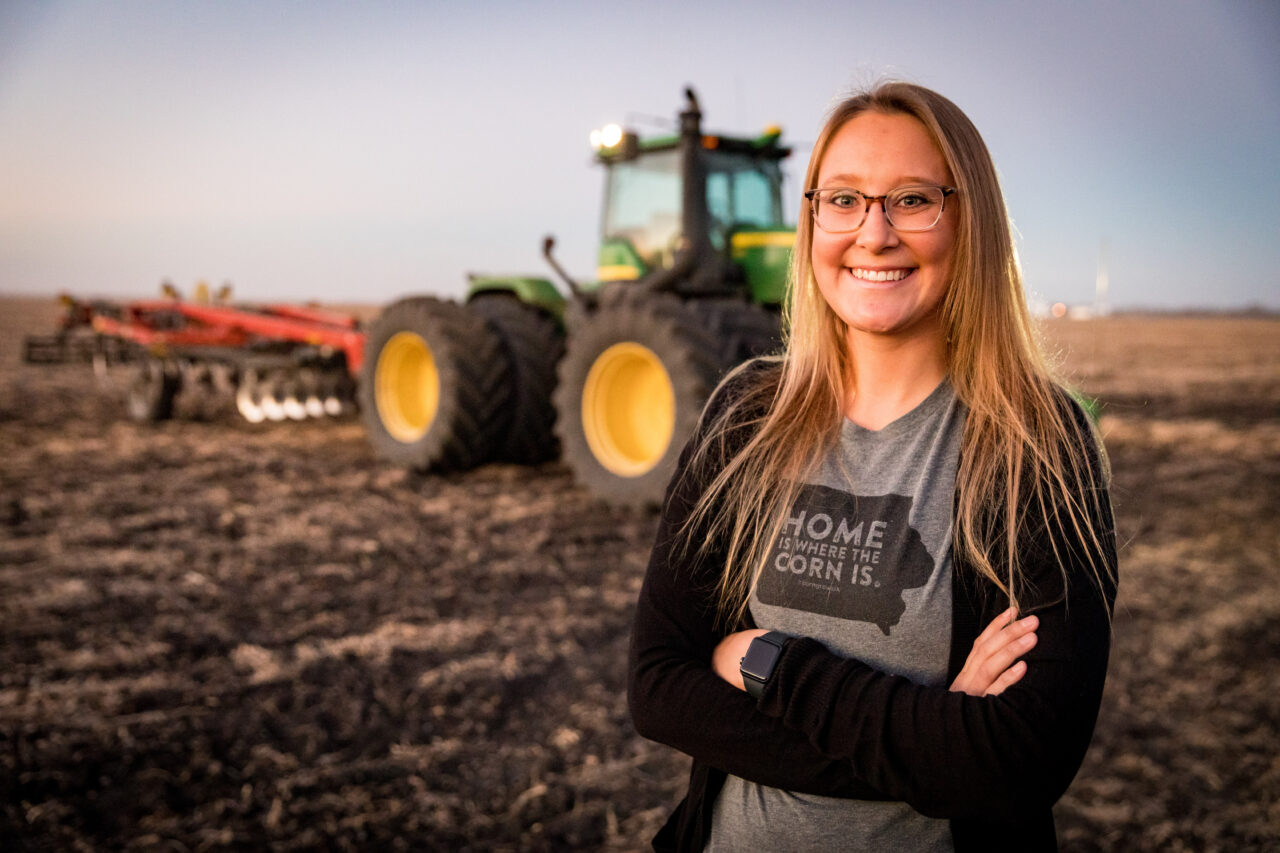
Farmers Faces of Farming
Ever wonder what goes on behind the scenes of an Iowa farm? Follow along as we bring you the stories of the farmers who take care of our land, our livestock and so much more. The adventures, the challenges, and the learnings of the people growing and raising our food.
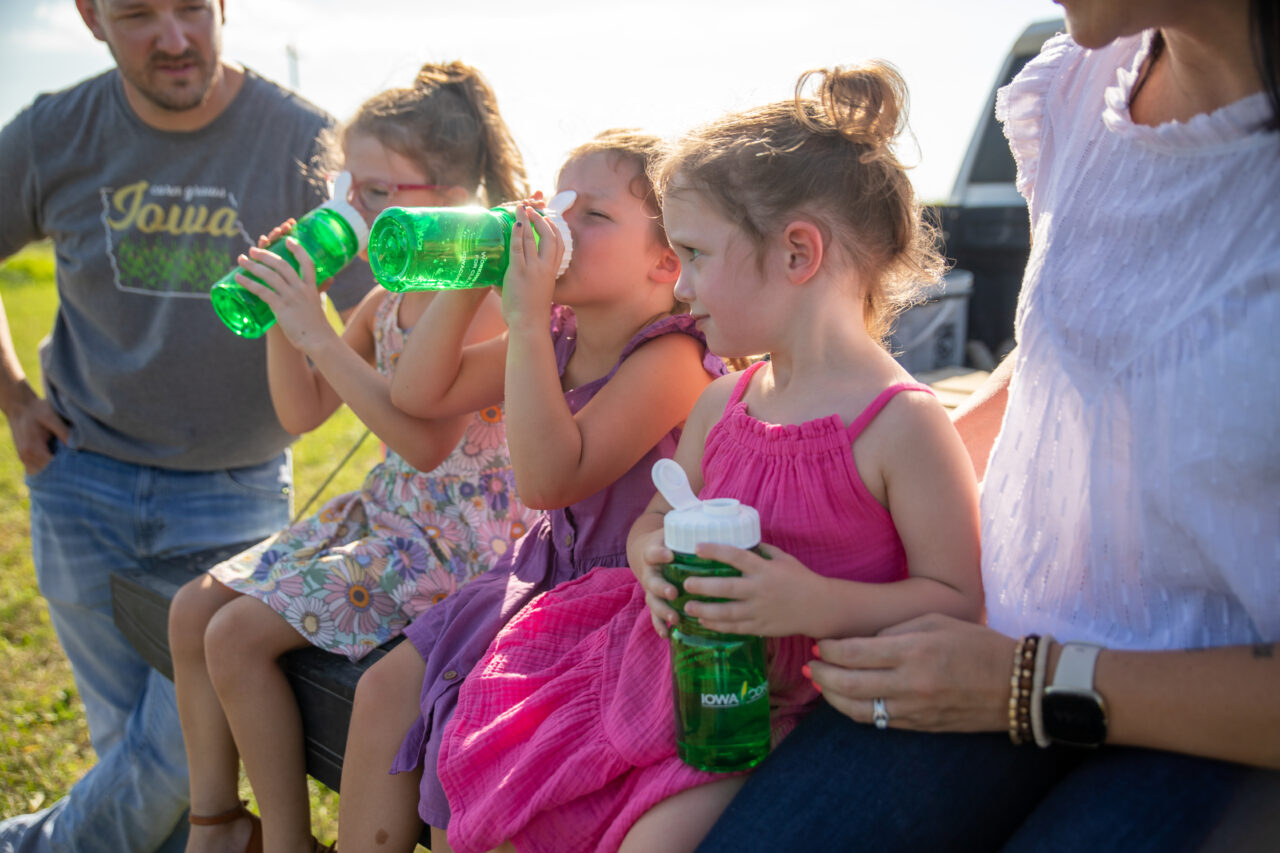
Water Farmers Care About the Water We Share
Farmers who grow Iowa’s corn know how important our state’s water is; they depend on every drop and not just for crops to grow. They have families just like yours and want to be sure the water we all drink is as pure as it can be.
Farmers today use a variety of conservation and nutrient management practices to improve water quality and soil health. Learn more below about how farmers are implementing these sustainable, smart practices on their farms.
